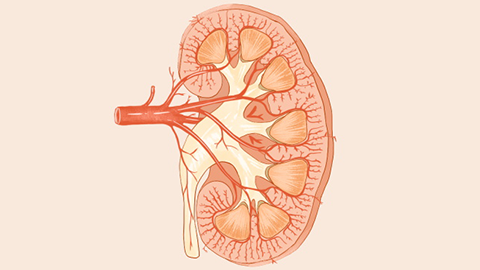Does Hei Shun Pian (Black顺片) harm the kidneys?
When used appropriately as directed by a physician, moderate amounts of Heishunpian (Black Prepared Aconite Root) generally do not harm the kidneys. However, overdose or prolonged improper use may cause kidney damage. If any abnormalities occur, prompt medical attention is recommended. Detailed analysis is as follows:

When Heishunpian is rationally used according to the principles of TCM syndrome differentiation and treatment, its function of warming yang and dispersing cold can help regulate a yang-deficient constitution or cold-type disorders, and generally does not impose a significant burden on the kidneys. After processing, the toxicity of Heishunpian is reduced, and short-term, moderate use under a doctor's guidance is safe, particularly suitable for patients with marked yang deficiency or obstruction due to cold-dampness.
However, if Heishunpian is taken in excessive amounts or used for a prolonged period, especially when misused without medical supervision, it may have adverse effects on the kidneys. Heishunpian belongs to the category of Aconite root herbs and contains certain toxic components. Exceeding the safe dosage or long-term cumulative use may increase the metabolic burden on the kidneys and even trigger toxic reactions.
In addition, for patients who already have impaired kidney function or other chronic diseases, improper use of Heishunpian may further worsen their condition, leading to irreversible damage.










